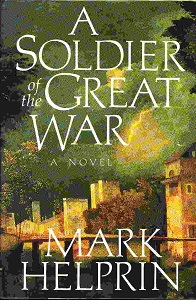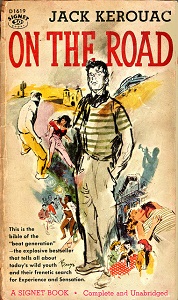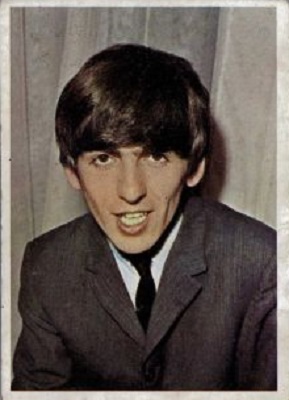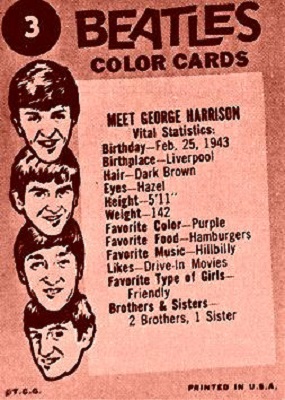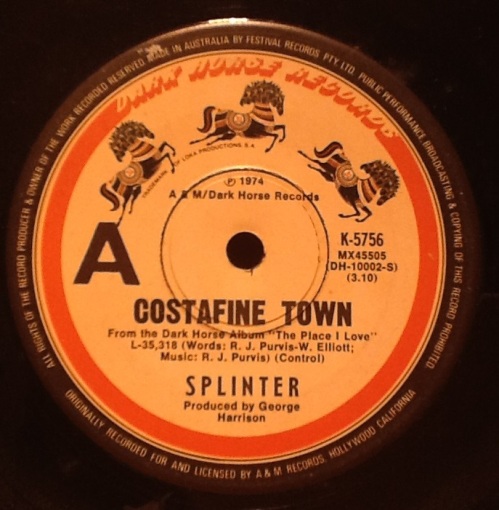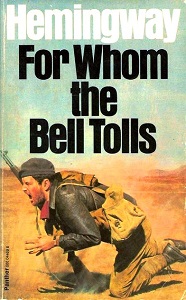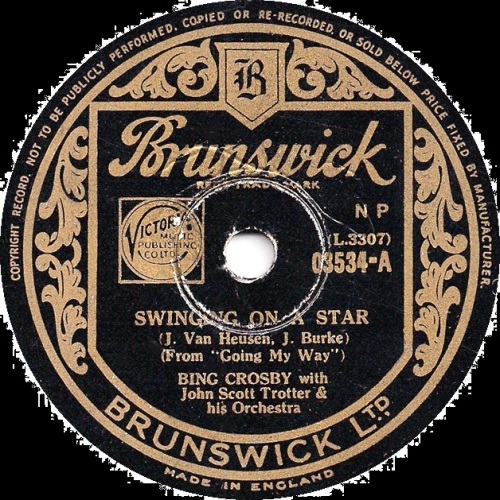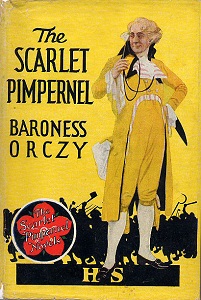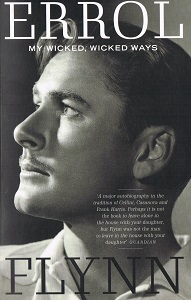 One day, as I watched the tobacco fields, in full leaf, and wondered whether I’d be able to cure the crop properly and then sell it, a cable arrived from Tahiti, forwarded from Sydney three thousand miles below.
One day, as I watched the tobacco fields, in full leaf, and wondered whether I’d be able to cure the crop properly and then sell it, a cable arrived from Tahiti, forwarded from Sydney three thousand miles below.
TAHITI
MR ERROL FLYNN
SAILORS REST
WOOLLOOMOOLOO, SYDNEY
OFFER YOU FIFTY POUNDS ALL EXPENSES COME AT ONCE PLAY PART OF FLETCHER CHRISTIAN IN PICTURE ENTITLED IN THE WAKE OF THE BOUNTY BEING MADE IN TAHITI. CABLE COLLECT.
JOEL SWARTZ.
Swartz had said he would get in touch with me some day! Now here it was! I would be in a film! Suddenly my personal heritage seemed to pay off. Shades of Midshipman Young, who had been companion to Fletcher Christian during the mutiny on the Bounty.
I stared at the tobacco field, all my fortune in it, all my labour of several months. The leaves were green. The sun was warming the crop. I could smell the tobacco leaf.
I called my Boss Boy and rapid-talked in pidgin, the language of Papua, made up of German, English and Melanesian words.
“Allaman, yufela Big Boss. I go mek ship.” I motioned with the fingers of my two hands the number of weeks I might be gone, eight or ten.
“Ai, Taubada.”
“Yufela mek tobac job.”
“Ai, Taubada.”
“Yufela care for him house.”
“Ai, Taubada.”
“Yufela tek care Tuperselai.”
“Yes, Taubada. Allaman tek. Keep for Taubada.”
I went into Port Moresby, cabled Schwartz, and took ship northward to the famed Tahiti in the Polynesian Isles.
For three weeks I worked with Swartz in the picture – without the least idea of what I was doing, except that I was supposed to be an actor. We made much of the film in Maatvai Bay, where a hundred and forty years earlier Captain Bligh had anchored in the Bounty.
I was startled to note that I could remember the lines I had to say. I could commit lines to memory and not falter. There were just so many that had to be mastered every day. It was a big discovery in a way.
The experience came swiftly and it seemed to go swiftly. But it was different from anything that I had ever done before: so much at variance with digging earth, selling ‘Kanakas’ the idea of becoming ‘workers’, carrying guns for real in the goldfields.
I had touched on something that the world called an art form and it had affected me deeply.
That was my first movie job and I was never able to convince people of it. When I arrived in Hollywood later and I mentioned that I bore this relationship to Fletcher Christian’s companion and that I had had my beginnings in a film playing the part of Christian, they looked at me as if with disbelief.
Nor did they believe that I came from Tasmania, Australia and New Guinea. No one believed anything else I ever said about my life and adventure in that part of the world.
 And what a day Mr Tickle had.
And what a day Mr Tickle had.
